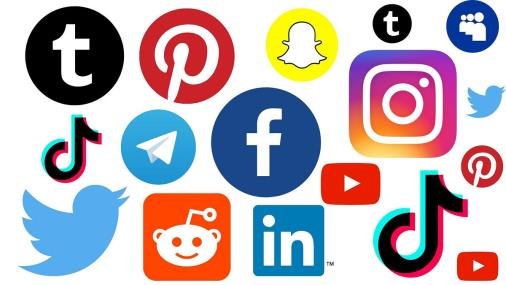Social media has revolutionized how we communicate, connect, and consume information. With its vast population and diverse culture, India has witnessed a meteoric rise in social media usage over the past decade. In this blog post, we will delve into the history of social media in India, exploring the key milestones, platforms, and trends that have shaped its growth.
India’s Initial Social Media Years
The seeds of social media were sown in India in the early 2000s with the introduction of platforms like Orkut and Hi5. These platforms, primarily used by students and young professionals, offered a glimpse into the potential of online social networking. However, their popularity was limited due to slow internet speeds and limited computer access.
The Rise of Facebook
2006 Facebook debuted in India, marking a turning point in the country’s social media landscape. The platform’s user-friendly interface and ability to connect with friends and family worldwide resonated with Indian users. The increasing availability of affordable smartphones and internet plans fueled Facebook’s rapid growth.
The Impact of Mobile Internet
The advent of affordable smartphones and the expansion of mobile internet connectivity in India played a crucial role in driving the adoption of social media. Platforms like WhatsApp, which offered free messaging and voice calling, became immensely popular among the Indian population. The ability to connect with loved ones in real-time, regardless of location, transformed how people communicated.
The Rise of Local Social Networks
As social media usage surged in India, local social networks emerged to cater to the specific needs and interests of the Indian population. Platforms like Share Chat, Helo, and Likee gained popularity by offering content in regional languages and focusing on Indian cultural nuances. These platforms helped to bridge the digital divide and brought millions of users online.
The Role of Social Media in Indian Politics
Social media has played a significant role in Indian politics, providing a platform for political parties to connect with voters and disseminate their messages. The 2014 general elections saw a surge in social media activity, with political parties using platforms like Facebook, Twitter, and WhatsApp to reach out to voters. Social media has also been criticized for spreading misinformation and fake news during elections.
Social Media and E-commerce
The growth of social media has been closely linked to the rise of e-commerce in India. Platforms like Facebook and Instagram have become powerful tools for businesses to reach potential customers and promote their products. Social media marketing has enabled small and medium-sized enterprises to compete with more prominent brands and expand their customer base.
Challenges and Concerns
Despite its numerous benefits, the rise of social media in India has also raised concerns about privacy, cyberbullying, and the spread of misinformation. The government has taken steps to regulate social media platforms and address these issues. However, the rapid pace of technological change and the global nature of social media make it challenging to keep up with emerging challenges.
The Future of Social Media in India
The future of social media in India looks promising, with continued growth in user base and the emergence of new platforms and features. As India’s digital economy expands, social media will play an increasingly important role in connecting people, businesses, and governments. However, it is essential to address the challenges and concerns associated with social media to ensure its sustainable and responsible growth.
Conclusion
The history of social media in India is a fascinating journey that reflects the country’s rapid technological advancements and changing social dynamics. From the early days of Orkut and Hi5 to the dominance of platforms like Facebook and WhatsApp, social media has transformed how Indians communicate, connect, and consume information. As India continues to embrace digital technologies, the role of social media will only become more significant in shaping the country’s future.






